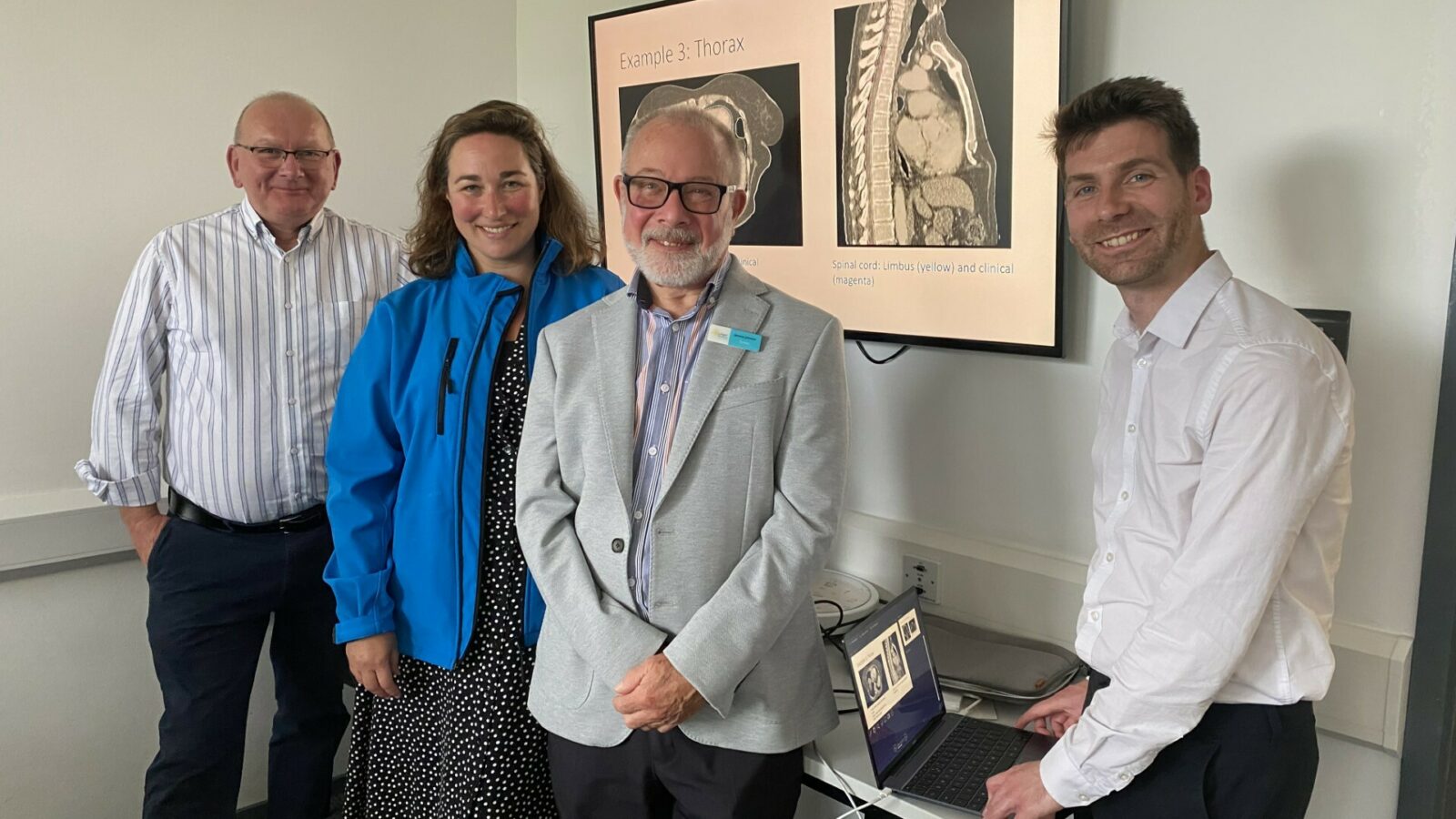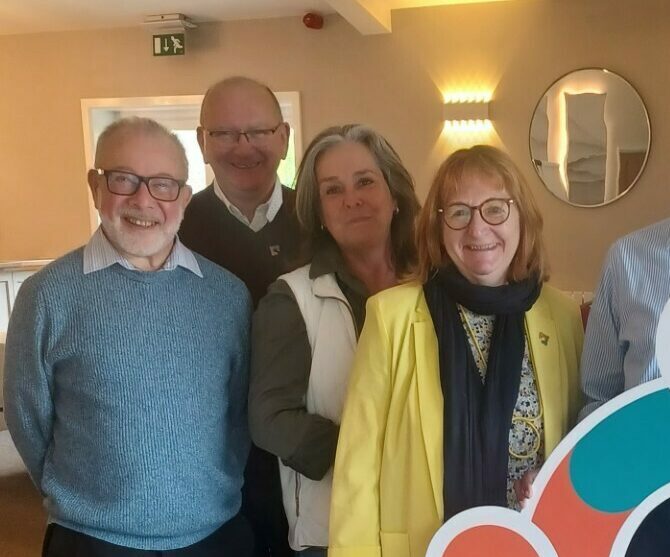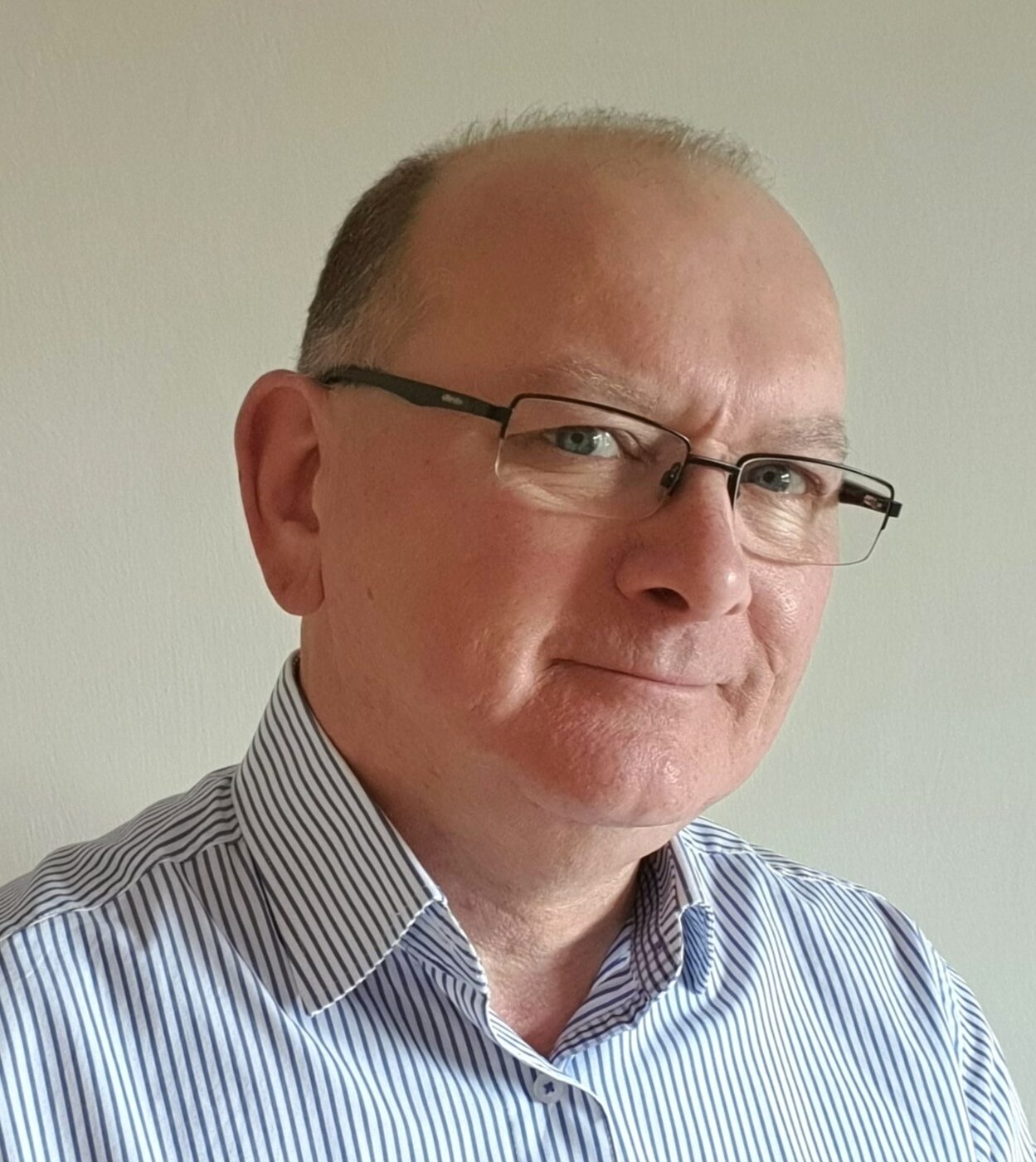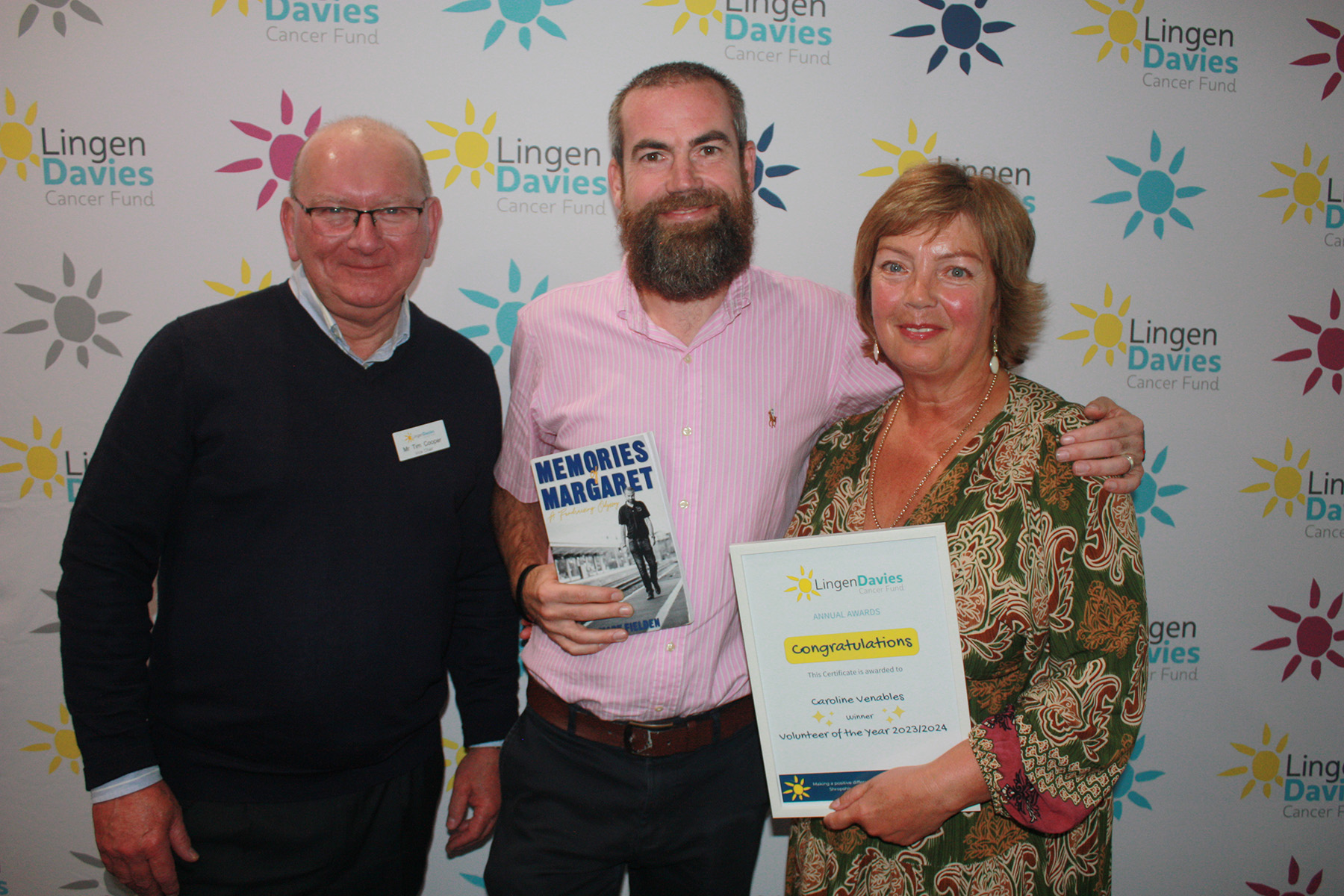Tim's Story
Over 35 years a charity is sure to see some changes – and Tim Cooper has seen them all at Lingen Davies!
To celebrate 45 years since the launch of the Lingen Davies Cancer Fund, the charity’s long-supporting Chairman who has dedicated 35 years to ensure people affected by cancer across Shropshire, Telford & Wrekin, and Mid Wales are supported, shared his story.
When leaving school Tim turned down the option of becoming a banker and instead thought radiotherapy looked more interesting. He trained in Birmingham and started his career in Wolverhampton before moving to Shrewsbury – but not without a hiccup.
Tim bought a house in Cannock in 1989 and days after moving in, had an interview to head up radiotherapy services at the Royal Shrewsbury Hospital – when offered the job at the interview, he was told he had to live in Shropshire as the service was funded by public subscription…
So as soon as he got home, Tim had to ask his wife to stop unpacking and start looking at houses in Shropshire!



